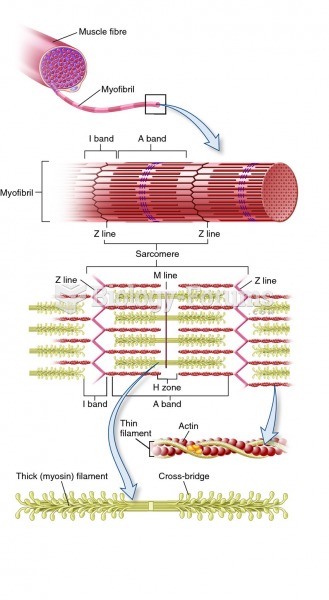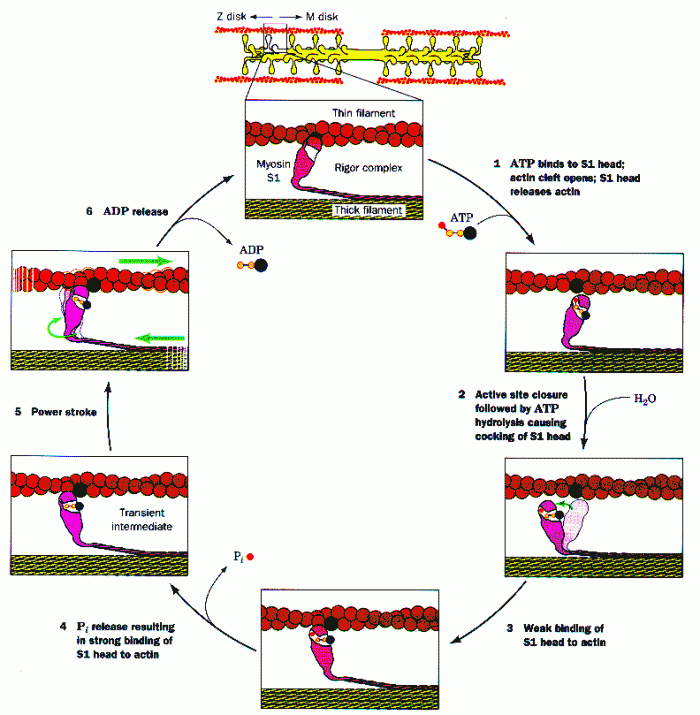Definition for Isovolumetric contraction
From Biology Forums Dictionary
Isovolumetric Contraction: Is when the atria relax and remain in diastole where as ventricles begin to contract (generating the QRS complex). The pressure in the ventricules rises sharply and the pressure in atria falls, thus leading to the closure of the AV valves. The impact of the blood against the valves brings about the first heart sound, S1.
During this phases even thought the ventricles contract, they do not eject any blood to the respected arteries. There is no change in volume of the blood thus the name Isovolumetric. This is possible when the pressure in the aorta and pulmonary artery is greater than the pressure in the respective ventricles and this opposes the opening of the semi-lunar valves.
See also: Ventricular filling, Ventricular ejection, and Isovolumetric relaxation



